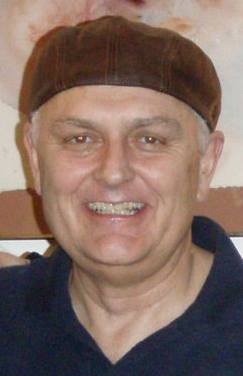RMP 12: Keith Blevens, PhD – Simplicity, Impact and the Single Paradigm
Released 22 February 2017 Subscribe: iTunes
Dr Keith Blevens is a dear friend, colleague and mentor who has been exploring and sharing the principles behind clarity for over 40 years. He’s had a huge impact on me, my life and and my work, and he’s someone I continue to learn from today. We recorded this interview during a retreat I was attending with Keith, and as usual, it was an enlightening experience.
Links
Featured Show Highlights
A principle has to meet three criteria: it’s constant and never varies, it’s explanatory and provides complete accounting for how something works and it’s predictive, allowing one to predict outcomes in advance.
The more clarity of preciseness in a teacher’s message, the more impact it will deliver.
There is a science to psychology, but we don’t have the mind for it yet. Keith feels that William James was the greatest mind in psychology for 63 years, until Sydney Banks arrived.
Banks really did discover the core principles of truth, which are mind, thought and consciousness. Keith explains that a principle is the prize of every science because it organizes it in a way that has never been done before. Knowing the principles that are relevant to you will benefit your own wellbeing.
Banks identified consciousness as soul, and as completely dependent upon a thought and we are living in the feeling of our own thinking. Without thinking there’s no feeling, and this links the spiritual world to the physical one, and the every day experiences of man.
A paradigm is relevant to everyone and everything, and there’s no demographic for it. It is a fundamental logic that organizes seemingly confusing ideas into something that can’t be disproven.
People are searching for truth, even if they don’t know what it is that they’re actually looking for when they start.
Keith says that resiliency isn’t about a person’s past or condition. The stress, particularly in field such as medical/health, isn’t coming from the job. This is evident because some people strive under the same conditions in which others struggle.
He notes that there’s something about the way the logic or the human experience has resiliency built into it. By subtracting out the misunderstanding of how life doesn’t work, we’re left with a quieter mind and a more resilient lifestyle.
Resiliency is a fact and it doesn’t happen by motivation or willpower, and the human experience is forever unlimited by what happens to people.
